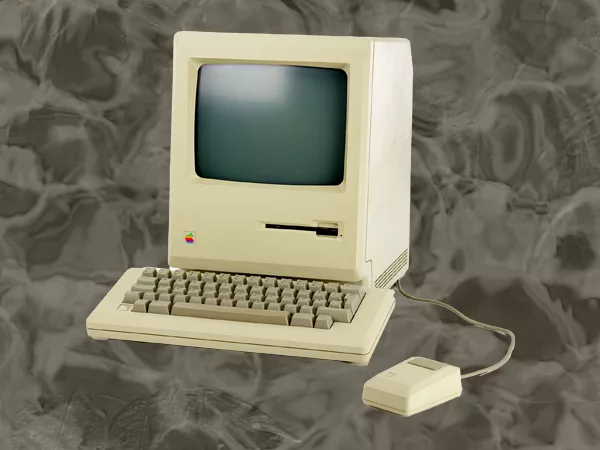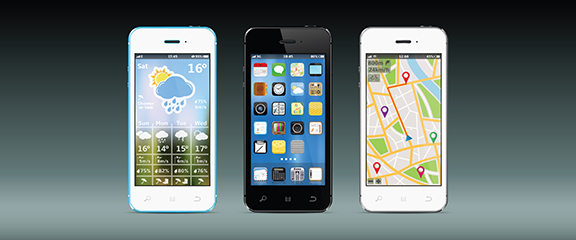The Tech Impact on Our Lives

Waiting rooms are agonizingly well-named. Why is it we’re asked to report to a doctor’s office 15 minutes before our appointment time, sign in, then wait an additional 15 minutes past the appointment time before we’re guided to a treatment room — only to wait again?
During a recent “waiting” interval, I recalled a conversation with my son wherein he observed he is from the last generation (Gen X) to know life before the internet. He remembers having a telephone tethered to the wall, discovering national news when first seen on evening television, and when the concepts of telephone communication and entertainment were not comingled. My son amused himself with toys, make-believe, outdoor play, books, and idle conversation. He could contemplate without distraction (as much as children do).
Computers and the internet changed all that.
The internet crept its way into our lives. In the early 1980s, we barely knew what this mysterious new communication system was. It existed in enormous mainframes within government facilities, but was not part of our personal lives. Early in-home computers were gaming devices — Nintendo, Atari — but what started as “play” evolved into “useful.” In 1983, Time magazine’s Machine of the Year was the PC — the personal computer for the home.
Everything changed: Communication, entertainment, the workplace — all mundane processes accelerated like a magical Industrial Revolution.
When I first entered the workforce in the early 1970s, proposals were requested by phone or mail with a few weeks’ lead time. Enter the fax machine and “overnight delivery,” which shortened the preparation window. When the internet arrived, assembly time shortened to mere hours.
Previously only available in print, research was online or saved on a floppy disk. Yellow-lined pads yielded to “word processors.”

Now, nearly all information and entertainment are digital.
How did previous generations absorb seismic change within their lifetimes? From horseback to automobiles, ships and wagons to trains and airplane travel; from word-of-mouth to telegraph and telephone, from newspapers to broadcast, from radio to television to streaming — there’s the “before” and the “after” for each. The conveniences we enjoy today are transformations to which someone had to adapt. There was a vision, then pushback, then “acceptance,” then a “maturation” of the technology.
With this maturation comes pervasive adaptation. It seems like nearly everything we own and operate— from cars to doorbells to refrigerators — is now “smart” and connected. What’s the forthcoming invention that will render the internet as we know it obsolete?
Resilience is the key to adapting to any new reality. No matter what, I will still need considerable patience to accept waiting room protocols in this new normal. My generation remembers when doctors made house calls. Enough said.
Like my generation, my son is lucky to experience such a significant transformation in his lifetime. The legacy of knowing life “before” and “after” the internet will enable him (and us) to recognize and adapt to the next great change — which will inevitably come.






